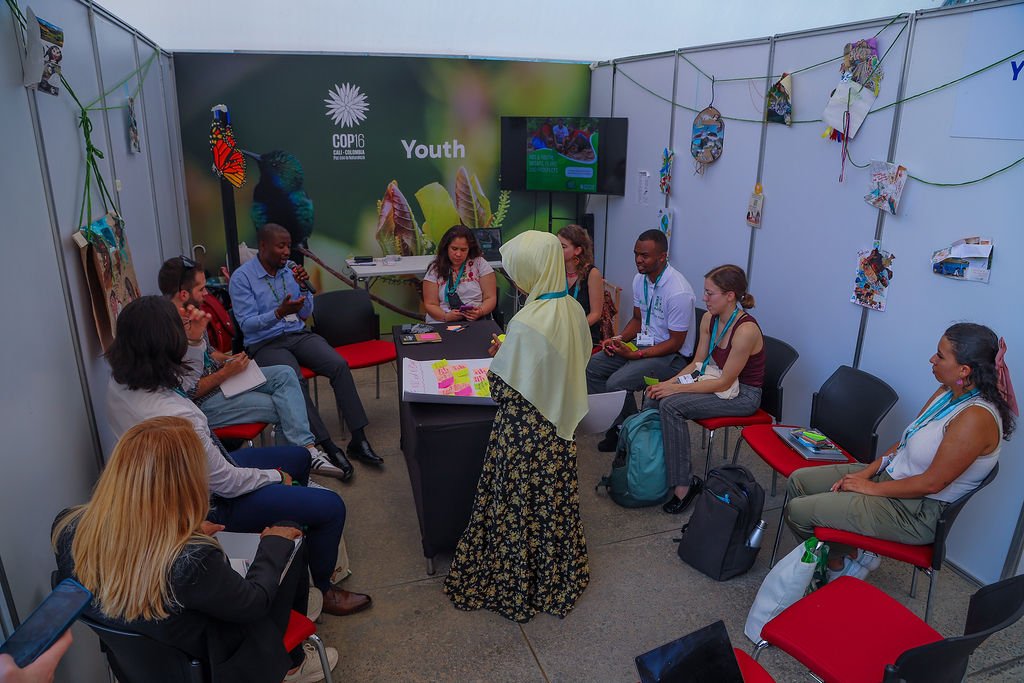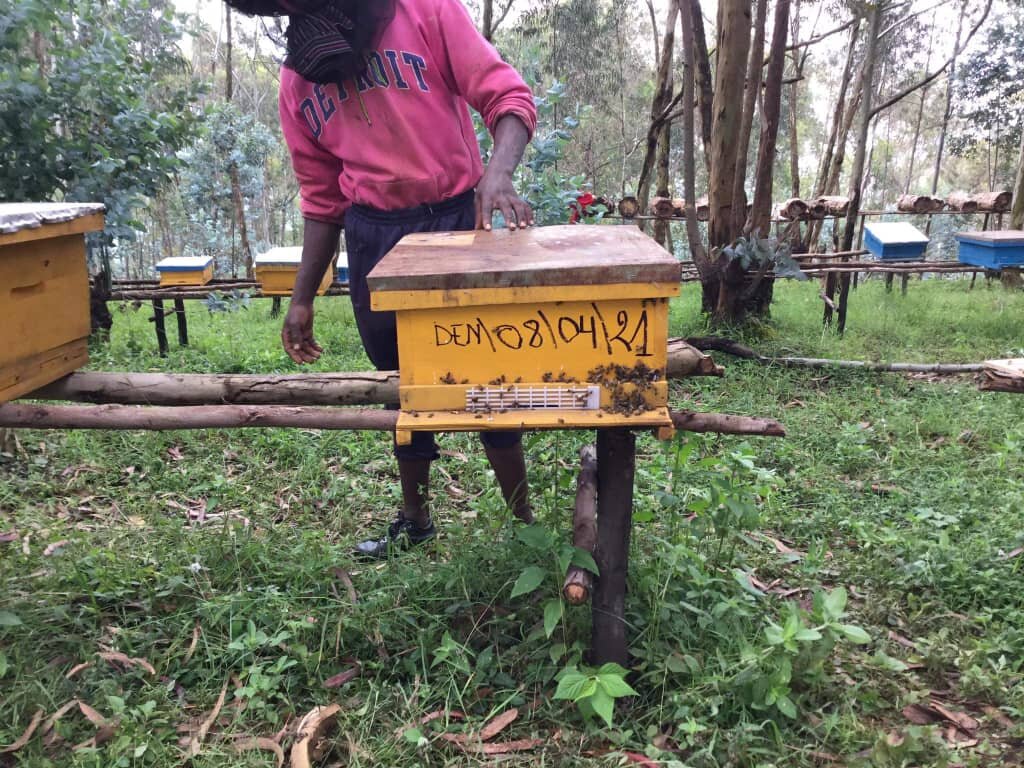This blog post provides an overview of the impact of COVID-19 on youth in agribusiness in Zimbabwe. It highlights key findings and offers insights from 5 government-led relief initiatives, and suggests potential solutions to not only rebuild youth leadership in agribusiness in the country, but to support sustainable practices for climate and biodiversity as well.
Nature at work (or at risk): health, resilience, recovery and relief meet air, water, and food systems at Cop28
Food Systems as a Solution for Our Ecological Crisis: A Collaboration Between “The Farmers I Know” and Youth4Nature
Just Released: Y4N's Private Sector Engagement Toolkit
Introducing the Private Sector Taskforce
Solving global problems requires active engagement with the private sector. It is time for the private sector to step up to current and future challenges. We need them on board constructively as partners without constant opposition. At Youth4Nature, we feel that it is our duty to do something to improve the current situation. Meet the Youth4Nature Private Sector Taskforce and get to know what they’re up to and how you can get involved.
Special Call for Stories: Transforming Systems for Climate & Biodiversity
Reflections from the Food Systems Pre-Summit: A youth perspective
“It is clear after the Pre-Summit that food systems play a major role in achieving the SDG goals for 2030. We have 9 harvest seasons left until 2030 and if any change is to occur, especially on a system wide scale, all stakeholders must come together and create policies that will span across all components of food systems, along all chains, and individuals.”
Pollinators For Our Survival Webinar Series Summary
The Pollinators For Our Survival webinar series drew a great deal of focus towards the significance of pollinators responsible for the survival and existence of our food systems, and ultimately for humanity. The three packed series took a deep dive into the significance of pollinators; further taking into account their conservation value and status in a 21st century world. Read on for a summary of the series and how to learn more!
World Bee Day 2021: Bees of Africa
We commemorate World Bee Day by recognising the functions of bees in food systems, community livelihoods and a balance in biodiversity. And in line with this year's theme, Bee Engaged, we highlight some practical actions for bees and pollinators, and things you can do to ensure their conservation, in Africa and the world over!
Businesses for nature: 3 enterprises from the Baltic Sea region on a mission to save the planet
Social change can look like many things - and one path towards a green future can happen through social entrepreneurship. This is the spirit that we brought to the “Breakfast talks” webinar, organized jointly by Youth4Nature and the Council of the Baltic Sea States (CBBS), through the Baltic Sea Youth Platform. During this webinar, three entrepreneurs based in the Baltic Sea region - Finland, Latvia, and Estonia - showed us what social entrepreneurship looks like, and today we bring you…
Reflect with Us: State of Pollinators in Polluted Environments
Have you ever wondered what the fate of pollinators -mostly bees- is in polluted environments? Are bees really on the rise, or on a deep decline? What are the drivers, and what are the experiences like, for farmers who spent most time with these little friends? This is what we embarked on during our second webinar in the Pollinators for our Survival series. Gathered from…
Interview with Esmeralda Wirtz, 2019 Y4N Storyteller
Last week we sat down to chat with 2019 Storyteller, Esmeralda, author of Un tout petit écosystème | A Tiny Ecosystem. Esmeralda shared that since she launched her urban composting project, three more projects have opened in other neighbourhoods across the municipality. Talk about the ripple effect!
Listen to our full interview with Esmeralda to learn more about her project, what has happened since the compost launched, and why it's important for youth to share their stories. Find the transcript here.
The Double-Edged Nature of Land: A Practical Analysis of the IPCC's Special Report on Climate Change and Land
“[…] the IPCC’s SRCCL shines light on interlinked global challenges like climate adaptation and mitigation, desertification, land degradation and food security, whilst suggesting land-related actions/NBS that can mutually benefit all these areas. Whilst much of the current discussion misguidedly focuses on singular individual lifestyle changes, just like with the Special Report on 1.5C, we urgently need large-scale and context-dependent action that is participatory, inclusive, multi-sectoral, and actively considers ecological, social, economic, cultural and institutional factors.”

















